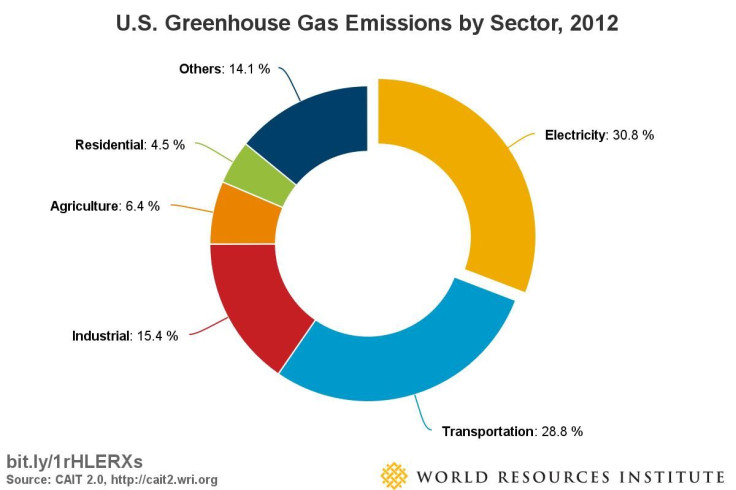Antitrust Question: DOJ Investigating Automaker-California Deal On Emissions
The Justice Department reportedly has opened an antitrust inquiry into a deal between California and four major automakers to adhere to the state’s more stringent emissions standards.
The Wall Street Journal reported Friday DOJ is trying to determine whether Ford Motor Co. (F), Honda Motor Co. (HMC), BMW AG (BMW.TI), and Volkswagen AG (VOW3.DE) violated federal law by agreeing in July to adhere to California emissions standards that exceed the limits proposed by the Trump administration.
The Trump administration rolled back gas consumption standards for cars and light trucks adopted by the Obama administration and has proposed canceling all upcoming increases. California has said it is willing to ease its mandates, but still plans higher standards than the administration has proposed.
Automakers would like to see mandates eased but don’t want to be caught in a battle between Sacramento and Washington.
The Journal said the Trump administration is determined to erode Sacramento’s influence on the auto industry. California accounts for a third of overall U.S. auto sales, giving state regulators enormous sway over the industry and national standards.
Justice’s antitrust division opened the inquiry independent of the White House, sources told the Journal. It sent letters to each of the companies, requesting information to determine whether antitrust law had been violated. The investigation is looking into whether the four companies constitute a cartel that negotiated a non-compete agreement rather than a group of companies that complied with a regulator.
The California agreement would create “an alternative path forward for clean vehicle standards nationwide,” supporting continued annual reductions of vehicle greenhouse gas emissions through the 2026 model year.
California Gov. Gavin Newsom called on other automakers to join the agreement, saying “few issues are more pressing than climate change.”
Seventeen automakers have urged California and the White House to work together on a single national standard, warning the uncertainty is putting jobs at risk.
The administration said it was rolling back emissions rules to give the public greater access to more affordable vehicles. Transportation Secretary Elaine Chao said there are “compelling reasons” for the revisions, which she characterized as “more realistic.” The administration said the revisions would save society more than $500 billion.
The Obama administration had sought to require average vehicle fuel economy of 46.7 mpg by 2026. The Trump administration revisions would reduce that figure to 37 mph.

© Copyright IBTimes 2024. All rights reserved.




















